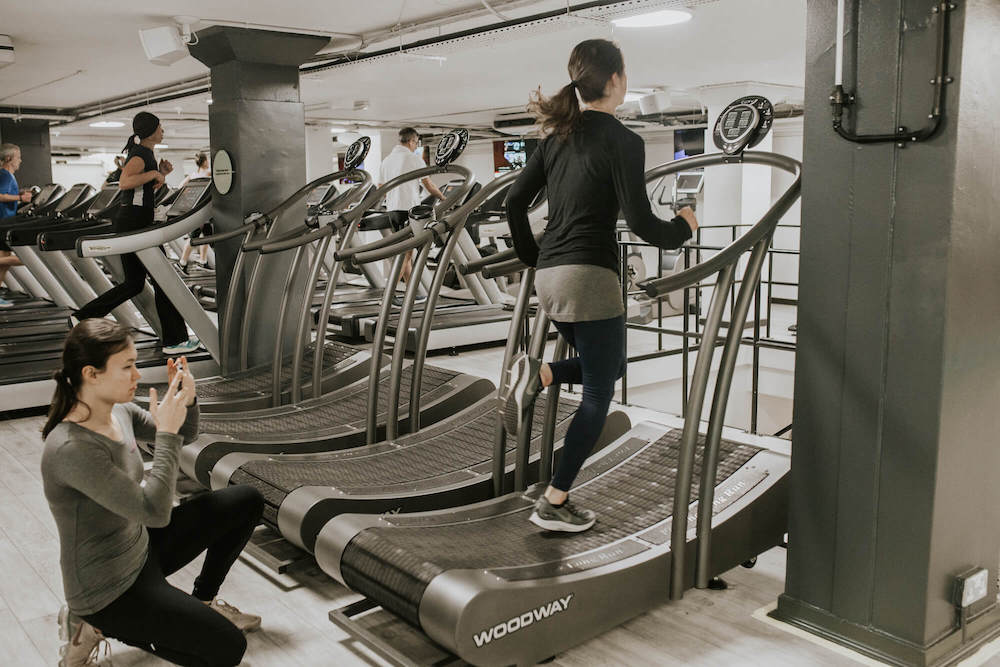Stress fractures are something we’re all too familiar with here at PhysioMotion. One of our team, Zoe, sustained a stress fracture while training for the London Marathon a few years ago. She’d dramatically increased her running intensity to prepare her for her first marathon. After 3 months of training, she had a constant ache around her ankle. An MRI scan diagnosed a stress fracture in her ankle due to overtraining.
Being aware of the top 5 causes of stress fractures in runners can help you avoid Zoe’s predicament!
The impact from road training can increase the shock you experience through your ankles and knees. An increase in the frequency of these shocks through the bones over extensive periods of running can soon surpass the strength of the bone resulting in a fracture.
You can reduce your risk by:

Running biomechanics can play a huge role in the development of a stress fracture. If you have a tendency to land heavier on one portion of your foot (most commonly the inside of the heel), the impact of your foot-strike is directed onto one small area. Repetitive strain on this focal point can cause weaknesses in the bone and result in fracture. Have your running technique evaluated. Through video analysis, we can:
Repetitive loading is not the only potential cause of fracture, muscle weakness and tightness can also cause sufficient stress to result in a fracture. Weakness and tightness in the muscles that stabilise the foot can cause abnormal foot postures and changes in how the shock and forces through the foot are dissipated, directing all the stress through certain bones rather than the whole foot.
You can stop this by:

Different vitamins contribute to bone health, and if our bodies are deficient in them, we can increase our risk of fracture. The most notable are calcium and Vitamin D. It’s known that calcium from milk contributes to bone and teeth health, but vitamin D (synthesised from the sun) is sometimes overlooked. In the northern hemisphere in winter months, people often have insufficient vitamin D levels, which reduces bone quality.
You can reduce your fracture risk by:
Footwear can sometimes lack the support of foot posture and fail to provide cushioning to ease the impact stress. The increased occurrence of stress fractures over the past few years can partly be associated with the new trends of minimalist footwear.

If you have had previous stress fractures, you have increased susceptibility to a reoccurrence. It may be worth considering the following alongside other rehabilitation:
At PhysioMotion we can assess your running style and give you advice on how to mix up your training to minimise the chance of developing a stress fracture.
Despite following the above advice, some people will unfortunately always be disposed to stress fractures due to genetics. If you have sustained one, begin your rehabilitation today. Get in touch to discuss how we can help you.